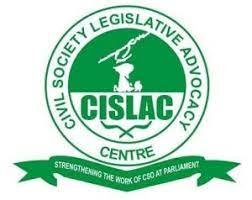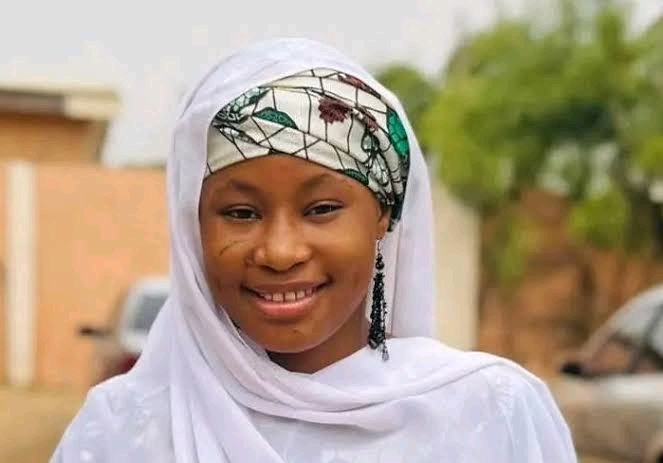The arrest, disappearance, and ongoing prosecution of 18-year-old social media activist Hamdiyya Sidi Sharif have ignited national outrage and drawn sharp condemnation from civil society groups, who accuse the Sokoto State Government of weaponizing state institutions to suppress dissent.
Africa Health Report Correspondent, Hussaini Kafi in Kano who has been on Sharif’s trail, reports
The saga began on November 3, 2024, when Marafa Yakubu, the village head of Sabon Birnin Daji in Wurno Local Government Area, reported Sharif to the police for allegedly inciting residents against the government during a community engagement meeting. According to the Sokoto State Police Command, Sharif had introduced herself as a representative of a charitable organization aiming to assist women and youth but instead allegedly urged residents to forcefully take over government properties, claiming they rightfully belonged to them.
Subsequently, on November 9, the police confirmed her arrest and stated that she had been arraigned before an Upper Sharia Court in the state capital on charges bordering on incitement and public disturbance. The police emphasized that the arrest was not due to criticism of the government but was based on specific actions reported by the village head, which were deemed to have the potential to disrupt public order.

Just four days after her arraignment, on November 13, Sharif was reportedly abducted by unknown men while attempting to retrieve her phone from a charging point in the evening. Witnesses said she was beaten and eventually thrown from a moving tricycle, sustaining injuries that left her hospitalized under suspicious circumstances in Bakura, a remote town in Zamfara State. Her legal team, unaware of her whereabouts for days, declared her missing before she was eventually traced to the hospital.

The sequence of events has since ignited strong reactions from rights advocates. A coalition of 38 civil society organizations—including the Civil Society Legislative Advocacy Centre (CISLAC), Amnesty International Nigeria, and the Socio-Economic Rights and Accountability Project (SERAP)—issued a joint statement condemning what they described as “the persecution, harassment, and unlawful treatment” of Hamdiyya Sharif.


“Rather than receiving a response from authorities, she became the subject of relentless intimidation,” the statement read. “Her legal team reported her missing, only for her to later be discovered in a hospital in Bakura, Zamfara State, under suspicious and unexplained conditions.”
The groups accused Sokoto State officials of abandoning their duty to protect citizens and instead choosing to intimidate and punish those who call them to account. They warned that Nigeria is dangerously drifting toward authoritarianism, where public institutions are weaponized to stifle opposition and silence critical voices.
Adding another layer to the issue, a women’s rights advocate, who spoke on condition of anonymity, described the state’s handling of Hamdiyya’s case as not only political repression but also gender-based violence. “This is a young girl who spoke up for victims of banditry and displacement. Now she’s being targeted, harmed, and criminalized. Where are the women in power? Where are our voices?” she asked.
Despite mounting pressure, the Sokoto State Government has remained largely silent on the matter. All efforts by this correspondent to obtain a response from Hamdiyya’s legal counsel, Abba Hikima, proved unsuccessful. Messages sent via WhatsApp and SMS were not replied to, and sources revealed he had traveled to Saudi Arabia for Hajj.
Meanwhile, legal proceedings against Hamdiyya continue. She is facing charges before the Upper Sharia Court, allegedly for using offensive language and criticizing government officials in a TikTok video that decried the rampant bandit attacks and mass displacement in Sokoto communities. Human rights organizations have raised concerns that the charges are vague and politically motivated, intended to punish her for exercising her constitutional right to free expression.
The coalition of civil society groups has called on Nigerians to reject the culture of repression and demand accountability. “The country belongs to all of us—not just the elite, not just the powerful. Civic space is not a privilege. It is a right,” they said in their statement. “We refuse to fold our arms while Nigeria slides into repression. We will mobilize, we will resist, we will speak—because silence, in times like these, is not neutrality; it is complicity.”
As Hamdiyya’s case continues to garner national and international attention, it stands as a stark reminder of the shrinking civic space in Nigeria, the risks faced by young activists, and the urgent need for legal and institutional reforms to safeguard democratic freedoms.



